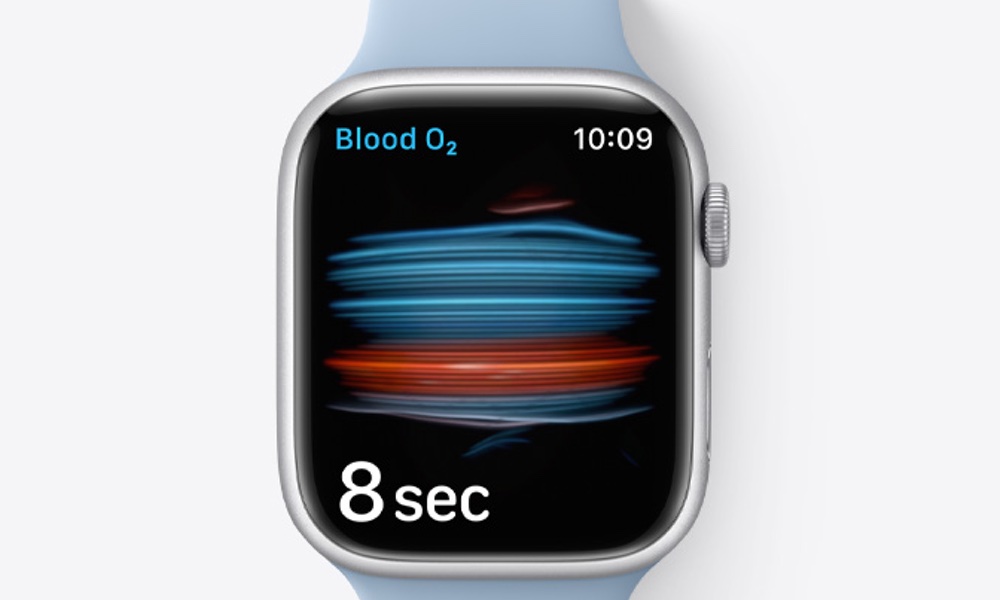Fitness trackers like Fitbits and smartwatches can tell us how much we sleep, exercise and weigh — and whether we should drink more water or check our blood pressure. Now there’s another possibility: they can help us read the signs of our mental health — particularly about our degree of resilience and ability to cope with stress.
Resilience is the ability to recover from life’s setbacks and disappointments. Resilience helps you access your inner strength. If you lack it, you might tend to feel victimized by setbacks, dwell on problems, become overwhelmed and turn to unhealthy coping mechanisms like substance abuse, eating disorders or risky behavior.
Researchers are suggesting that biometric devices such as the Fitbit or the Apple Watch can register our psychological states as well as our physical activity, making it possible to check our mental and physical status remotely. This could eliminate the need for traditional questionnaire-based assessments that evaluate overall well-being as well as our ability to cope with difficulties.
“Wearables provide a means to continually collect information about an individual’s physical state. Our results provide insight into the feasibility of assessing psychological characteristics from this passively collected data,” Robert Hirten, the first author of the study, an Assistant Professor of Medicine at the Icahn School of Medicine at Mount Sinai, a gastroenterologist and clinical director for Hasso Plattner Institute for Digital Health at Mount Sinai, said in a media release.Data from the watches proved to be successful in identifying the participants’ level of resilience and feelings of well-being.
“To our knowledge,” he added, “this is the first study to evaluate whether resilience, a key mental health feature, can be evaluated from devices such as the Apple Watch.”
It’s estimated that mental health disorders will affect one in four people around the world at some point in their lives. So, finding a way to identify people who might be in crisis remotely, or to measure the effects of psychological interventions, will likely have overwhelming benefits.
“The growth of digital technology presents an opportunity to improve access to mental health services for all people,” said Zahi Fayad, senior author of the study and Director of the Biomedical Engineering and Imaging Institute at Icahn Mount Sinai.
The study’ analyzed data from what was called the “Warrior Watch Study.” It tracked the heart rate rhythms of 329 healthcare workers across seven hospitals during the course of a week. The participants, who were wearing Apple Watches, also completed a survey on resilience, optimism and emotional support.
Data from the watches proved to be successful in identifying the participants’ level of resilience and feelings of well-being.
The research team plans to continue using wearable data to observe a wider range of physical and psychological disorders and diseases. The investigators also point to the development of other sophisticated analytical tools — including artificial intelligence — that can help with the analysis of the apps and device’s data.
If you’re feeling overwhelmed or stuck in a way that interferes with daily life, seek help from a physician or a mental health professional or call the National Alliance on Mental Illness Helpline at 800-950-6264.
The study is published in JAMIA Open.





